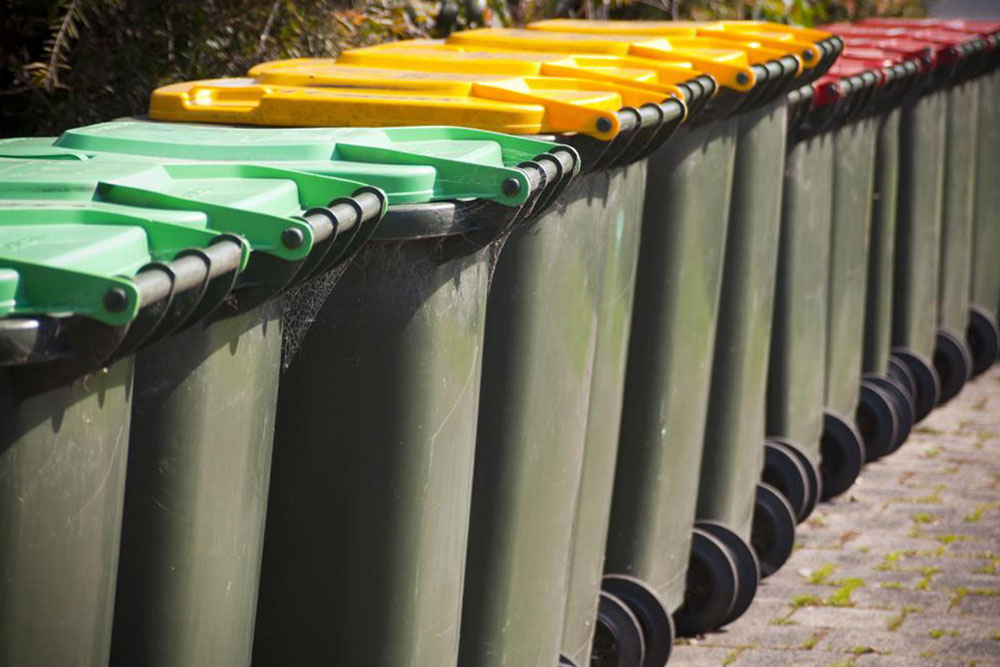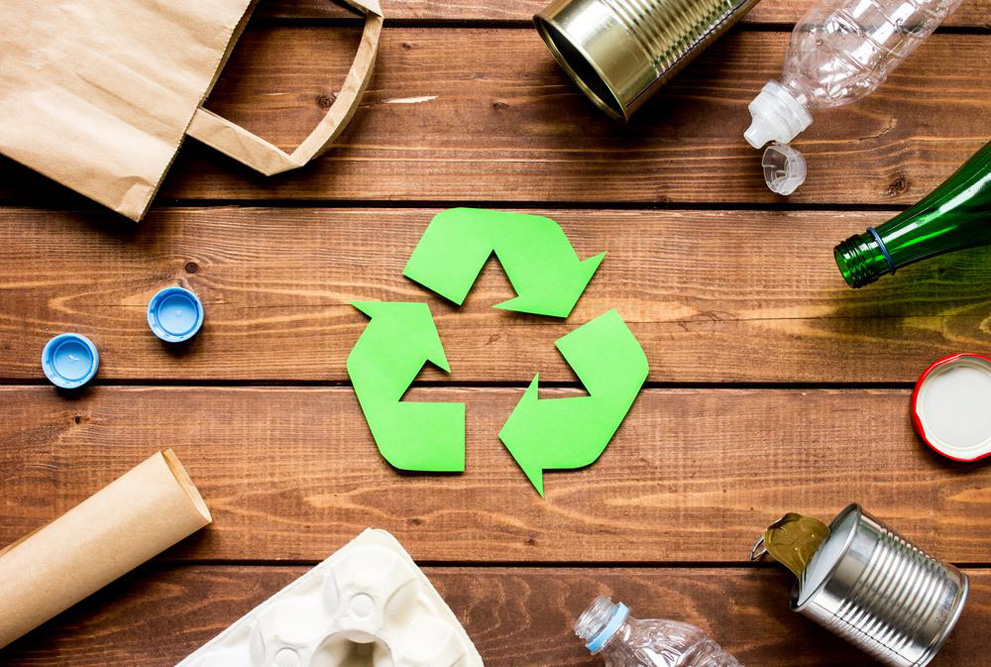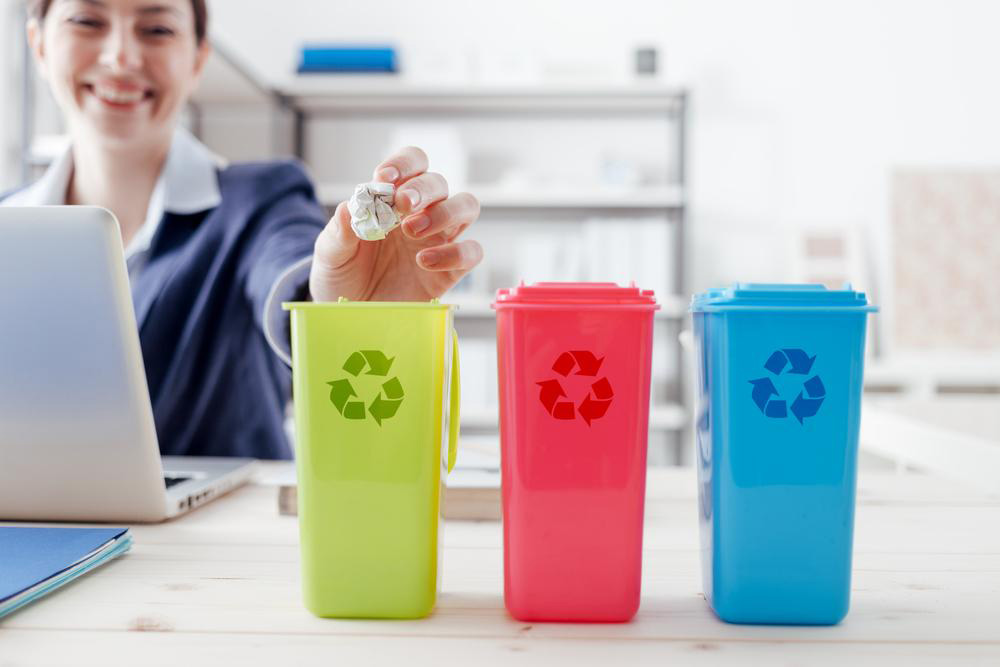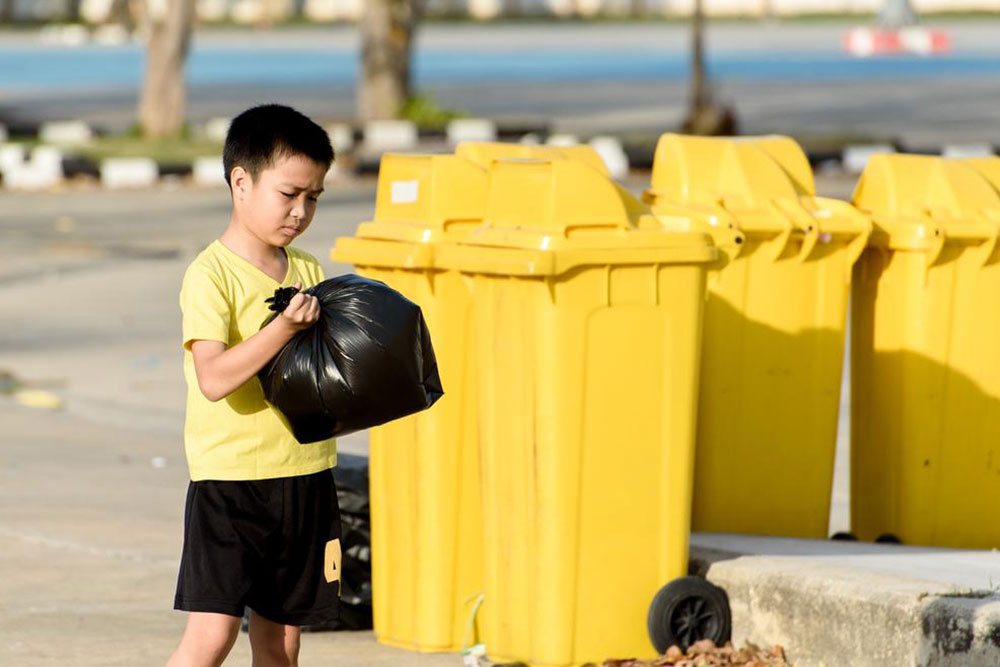Promoting Awareness of Waste Disposal and Recycling
This article highlights the importance of waste management awareness, emphasizing recycling's role in cost savings and resource conservation. It advocates for educational initiatives, community involvement, and corporate participation to promote sustainable waste practices. By understanding and implementing effective waste disposal strategies, individuals and industries can significantly decrease environmental impact and foster a greener future.

Promoting Awareness of Waste Disposal and Recycling
Understanding waste disposal and recycling is increasingly important today, as eco-conscious practices become a necessity. Reusing recycled materials helps minimize costs and conserves natural resources, contributing to a healthier planet. Educating students and communities about waste management is crucial — integrating it into curricula and spreading awareness through online platforms, workshops, and community programs. Recycling metals like aluminum from scraps reduces environmental impact and decreases the need for raw material extraction. Companies specializing in waste collection and recycling play a vital role in sustainable manufacturing, turning waste into valuable resources.
The Significance of Waste Recycling Education
Adopting recycled materials in manufacturing is cost-effective and environmentally friendly. Recycling reduces waste burden on landfills and helps preserve natural resources like bauxite for aluminum production. Waste management companies facilitate recycling processes by collecting and reprocessing scrap metals, which are then reused by factories, reducing pollution and environmental hazards. These efforts foster a sustainable future, emphasizing the importance of waste minimization and resource conservation. Raising public awareness through training programs and seminars encourages active participation in waste reduction strategies.
Best Practices for Waste Management Awareness
Organizing workshops, seminars, and community drives effectively raises awareness. Sharing knowledge about waste segregation, recycling techniques, and sustainable practices empowers individuals to contribute positively. Collaborative efforts generate innovative ideas and improve waste management workflows, resulting in more efficient reuse and recycling. Educating citizens about the financial and environmental benefits fosters responsible waste disposal habits and promotes a cleaner environment for future generations.










